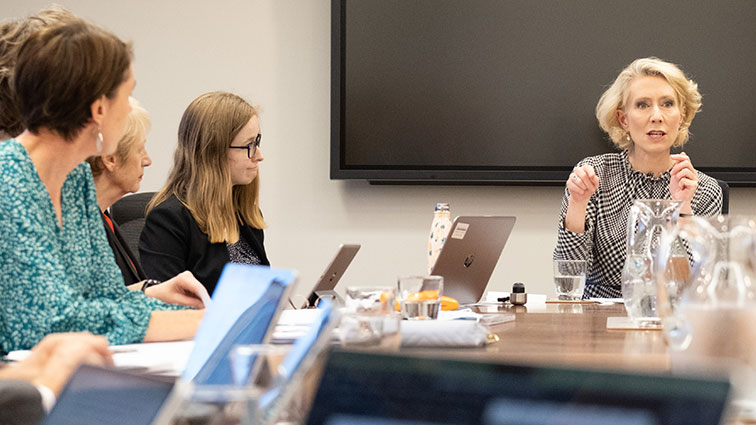Nau mai, haere mai. Welcome.
The Council of Financial Regulators (CoFR) – Kaunihera Kaiwhakarite Ahumoni – contributes to maximising New Zealand’s sustainable, economic wellbeing through effective and responsive regulation of the financial system in New Zealand.



